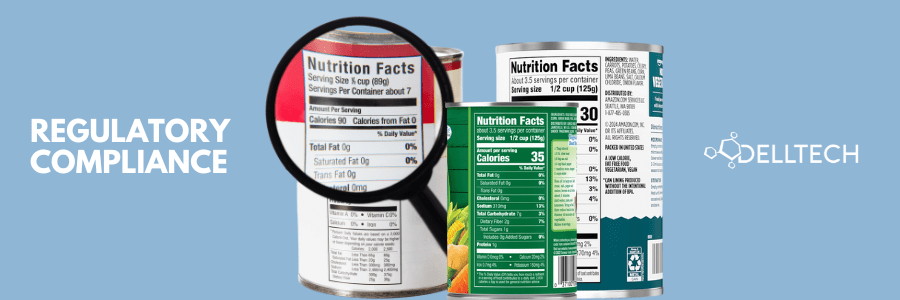By: Kirsten Alcock, Manager of Product Safety, email
GHS stands for the Globally Harmonized System and as I’ve advised in the past, it is not AT ALL harmonized globally. Different countries have adopted different versions of the GHS so while one country may be on an earlier version, another may be on the latest and greatest – Version 8.
A country has the right to adopt or not adopt the Globally Harmonized System (GHS) of classification and labeling of chemicals. Many countries have incorporated different versions of the GHS using what has been termed as the “building block” approach. This type of approach allows them to determine what is important for their country and adopt different portions of it. Take Canada for example. Canada did not adopt the acute toxicity category 5. So while that category may exist, we are not required to classify for it here. In addition to this, Canada has Trade Secret Requirements for the Safety Data Sheet (SDS) that are required here for keeping CAS and chemical identity a secret.
As I indicated above, not all countries have decided to adopt the GHS as it is not a mandatory worldwide requirement for the selling of chemicals. If you are looking to sell to a particular country, you are REQUIRED to determine the requirements for that country and in doing so, know which version they are using and any specifics to that country. If they are not using the GHS at all, you are required to know what they are using in its place.
I have come across a great website that can help you determine if a country is using the GHS and if so, what version they are on.
The United Nations (UN) has provided information on the status of the GHS for each of the countries that are in process of adopting it or have fully adopted it and which version they are currently on. I urge you to look at this resource for information. There is much more than information on the GHS only. They have compiled the data country by country which is really helpful.
If you need help with the authoring of a SDS that is compliant with Canada or the US, please contact us. We can ensure that your SDS will meet compliance for both of these countries. Although there are differences in the requirements between the countries, we can provide you with an SDS that will not only meet compliance with the format, but we can provide an SDS in English/Canadian French and Spanish for your users.
Contact:
Dell Tech
Kirsten Alcock, B.Sc. (Hons)
Manager, Product Safety Group
519-858-5074
kirsten@delltech.com
Dell Tech has provided professional, confidential consulting services to the chemical specialty
industry in Canada, the USA, Europe, and Asia for the last 40 years.
Contact us today for more information.




